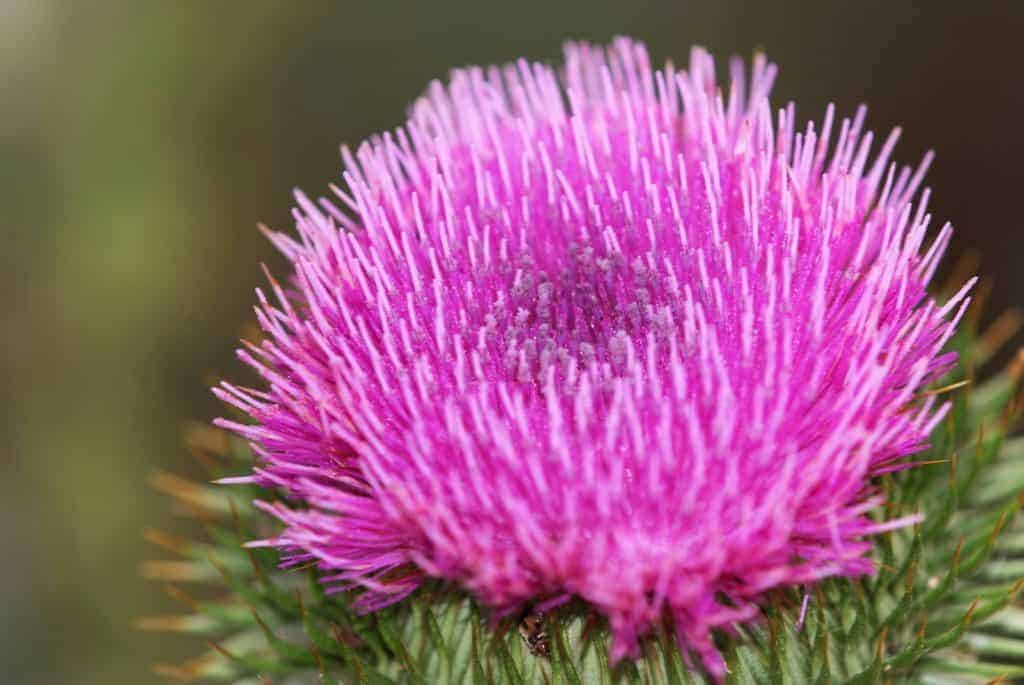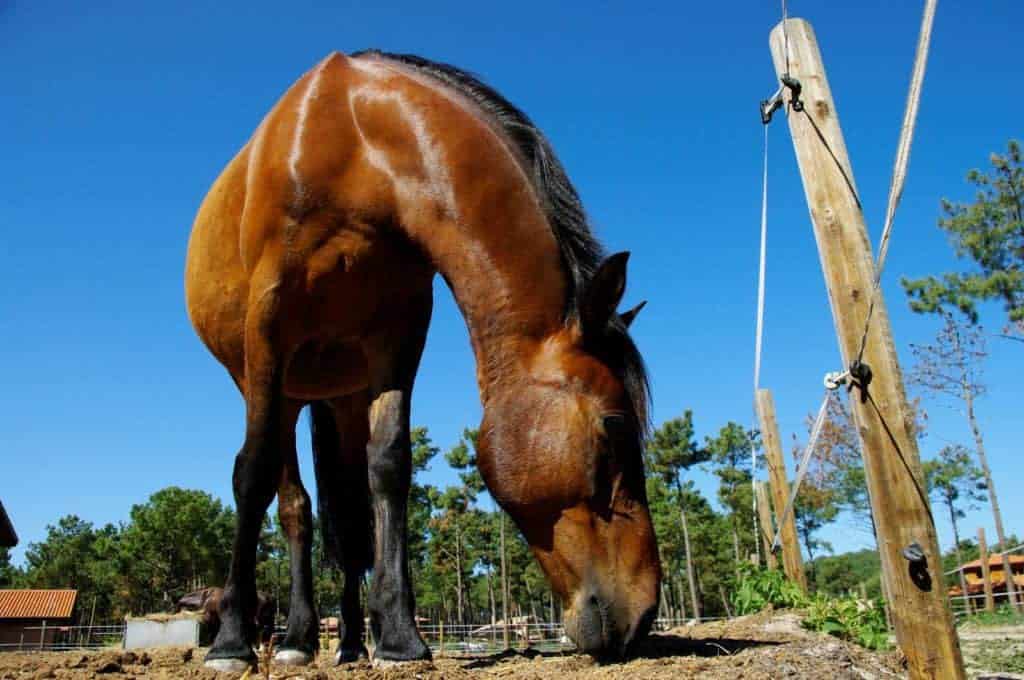
Prebiotics and Probiotics
Prebiotics and probiotics are dietary supplements given to horses in an effort to prevent or treat certain illnesses or simply to promote a healthy gastrointestinal (GI) system.

Prebiotics and probiotics are dietary supplements given to horses in an effort to prevent or treat certain illnesses or simply to promote a healthy gastrointestinal (GI) system.

Care for horses under the age of 4 with their future health and performance in mind.

Brian Nielsen, PhD, of Michigan State University’s Department of Animal Science, presents up-to-date information on feeding the athletic horse and using nutritional supplements.
The symposium featured research on equine nutrition, exercise physiology, reproduction, management, and more.

Horses might someday be able to consume plant-based products designed to prevent and fight infections, researchers say.

Researchers found that omega-3 fatty acid supplementation can reduce signs of chronic lower airway disease in horses.

A recent study showed that magnesium supplementation can significantly slow horses’ reaction speed responses.

Here are some tips to remember to help your horse stay happy and healthy when consuming this spring’s lush pasture.

From fly masks and nose nets to antihistamines and supplements, find out which headshaking treatments worked best.

Recent studies suggest these two agents could help counteract the effects of endotoxins on lamellar tissue.

Researchers found that one supplement was not inferior to omeprazole in several areas in their study.

Here’s what current research, or lack thereof, is telling us about common equine supplement ingredients.

Find out how biotin might help hoof and haircoat.

A psyllium/magnesium sulfate combination appears safe and effective for helping horses evacuate sand from their colons.

Do all the supplements, concentrates, and forages on the market have you confused about what’s best to feed your horse? Learn what your horse really needs to eat from equine nutritionist and consultant, Dr. Clair Thunes.

Not all fats or fatty acids are created equal; some are more beneficial than others for horses.
Stay on top of the most recent Horse Health news with
"*" indicates required fields